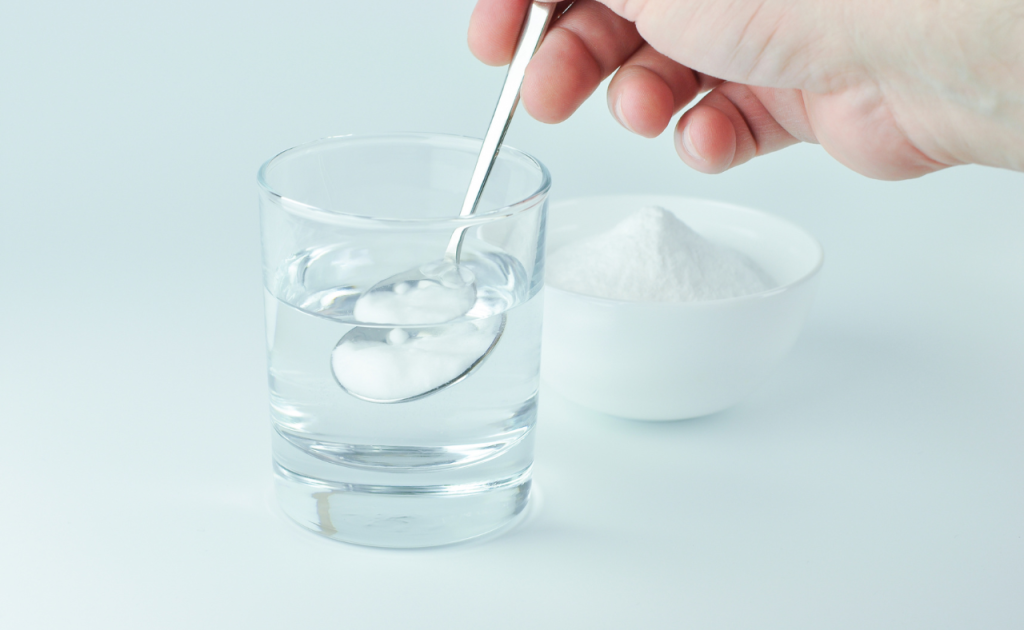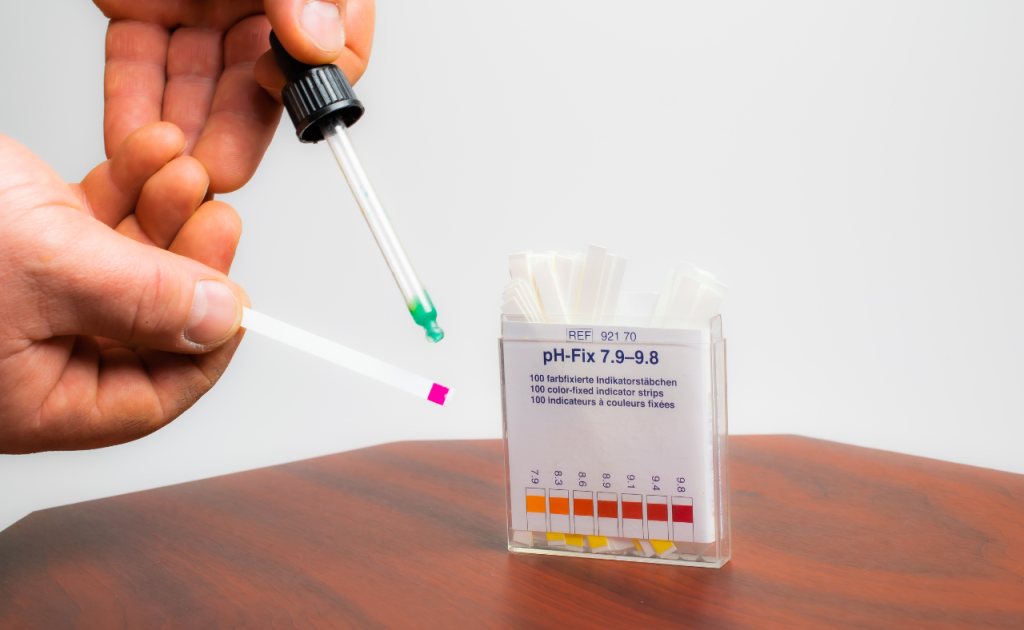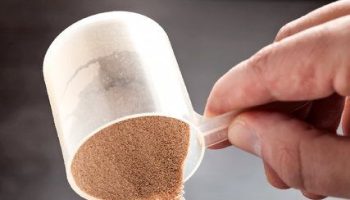Alkaline water has gained popularity for its potential health benefits and its distinct taste. With claims ranging from improved hydration to better pH balance in the body, it’s no wonder that many are interested in incorporating alkaline water into their daily routines. This article will guide you through the process of making alkaline water at home and discuss the potential benefits it may offer.

In recent years, alkaline water has emerged as a popular health trend. Unlike regular water, which has a neutral pH of 7, alkaline water has a higher pH, typically between 8 and 9. The theory behind its benefits suggests that it can help neutralize acid in the bloodstream, improve hydration, and even support weight loss. With increasing interest in wellness and natural remedies, understanding how to make alkaline water at home and its potential advantages can empower you to make informed decisions about your health.
Understanding Alkaline Water
What is Alkaline Water?
Alkaline water is water that has a higher pH level than regular drinking water. The pH scale measures how acidic or alkaline a substance is, with 7 being neutral. Water with a pH above 7 is considered alkaline, while water with a pH below 7 is acidic. Alkaline water typically has a pH of 8 to 9, and it is thought to have various health benefits due to its ability to neutralize excess acid in the body.
The Science Behind pH Balance
The human body maintains a delicate pH balance in the blood and tissues. A diet high in processed foods and sugars can shift this balance towards acidity. Proponents of alkaline water argue that by consuming water with a higher pH, you can help counteract this acidity and promote a more balanced internal environment. While scientific evidence on the efficacy of this theory is still debated, many people find value in incorporating alkaline water into their routine.
Methods for Making Alkaline Water at Home

1. Using Baking Soda
How It Works
One of the simplest methods to make alkaline water at home is by adding baking soda. Baking soda, or sodium bicarbonate, has a pH of about 9, making it an effective way to increase the pH of your water.
Instructions
- Fill a Glass with Water: Start with a clean glass of water.
- Add Baking Soda: Mix in 1/8 to 1/4 teaspoon of baking soda.
- Stir Well: Ensure the baking soda is fully dissolved.
- Test pH Level: Use pH test strips to check the water’s pH level. Adjust the amount of baking soda if needed to reach your desired pH.
2. Using Lemon Juice
How It Works
Though lemon juice is acidic, it has an alkalizing effect on the body once metabolized. By adding lemon juice to water, you can create a refreshing and slightly alkaline beverage.
Instructions
- Squeeze Fresh Lemon Juice: Squeeze the juice of half a lemon into a glass of water.
- Stir Well: Mix thoroughly to combine the lemon juice with the water.
- Taste and Adjust: Add more lemon juice or water based on your taste preferences.
3. Using Alkaline Water Pitchers
How It Works
Alkaline water pitchers come equipped with filters that increase the water’s pH through a process called ionization. These pitchers are designed to be user-friendly and can easily be incorporated into your daily routine.
Instructions
- Fill the Pitcher: Add tap or filtered water to the pitcher.
- Allow to Filter: Let the water pass through the filter according to the manufacturer’s instructions.
- Check pH Levels: Use a pH meter to ensure the water has reached the desired alkalinity.
4. Using Alkaline Water Drops

How It Works
Alkaline water drops are concentrated solutions designed to increase the pH of water. They are a convenient option for those looking for a quick and precise method.
Instructions
- Add Drops to Water: Follow the dosage instructions on the product label.
- Stir or Shake: Mix well to ensure the drops are evenly distributed.
- Test pH Levels: Verify the pH level with test strips or a meter.
Potential Benefits of Alkaline Water
1. Improved Hydration
How It Helps
Alkaline water may offer enhanced hydration compared to regular water. Its higher pH could potentially aid in better fluid absorption and retention, particularly beneficial during intense physical activities.
User Experiences
Many people report feeling more hydrated and refreshed when drinking alkaline water. This could be due to the water’s mineral content and its effect on cellular hydration.
2. Acid Reflux Relief
How It Helps
Some studies suggest that alkaline water might help neutralize stomach acid, potentially providing relief from acid reflux. The higher pH may help reduce symptoms by buffering stomach acid more effectively.
Considerations
While some individuals experience relief, it’s important to note that more research is needed to confirm these benefits. Consulting with a healthcare provider is recommended for those with persistent acid reflux issues.
3. Antioxidant Properties

How It Helps
Alkaline water may possess antioxidant properties, which help neutralize free radicals in the body. Free radicals are unstable molecules that can cause oxidative stress and damage cells, leading to various health issues.
Research Insights
Some research indicates that alkaline water with a higher pH might act as an antioxidant, but more studies are required to fully understand its effects on oxidative stress and overall health.
4. Better Bone Health
How It Helps
There is ongoing debate about whether alkaline water can positively impact bone health. Some proponents believe that alkaline water may help reduce bone loss by neutralizing acid in the body, potentially benefiting bone density.
Evidence and Caution
While some studies suggest a link between alkaline water and bone health, the evidence is not conclusive. Maintaining a balanced diet and healthy lifestyle remains crucial for bone health.
Things to Consider
1. Not a Miracle Cure
The Limitations
Despite its potential benefits, alkaline water is not a cure-all. It should complement a balanced diet and healthy lifestyle rather than replace traditional health practices.
Consulting Healthcare Professionals
For those with specific health conditions or concerns, it’s essential to consult with healthcare professionals before making significant changes to your diet or hydration practices.
2. Water Quality Matters
Importance of Purity
The quality of the water you use to make alkaline water is crucial. Ensure that your water is free from contaminants and impurities to avoid any adverse effects.
Using Filters
If you’re concerned about water quality, consider using a water filter before alkalizing it. This ensures that you’re drinking clean and safe water.
Final Thoughts
Making alkaline water at home is a straightforward process that offers a convenient way to explore its potential benefits. Whether you choose to use baking soda, lemon juice, alkaline water pitchers, or drops, each method has its own set of advantages and considerations.
While the benefits of alkaline water are still under investigation, many people find it to be a refreshing and potentially beneficial addition to their daily routine. Remember that maintaining overall health involves more than just drinking alkaline water—it’s about balancing diet, hydration, and lifestyle. By staying informed and cautious, you can make the most of your alkaline water experience and enjoy the possible advantages it has to offer.
For those interested in incorporating alkaline water into their lives, this guide provides practical methods and insights to help you make an informed decision. Happy hydrating!







